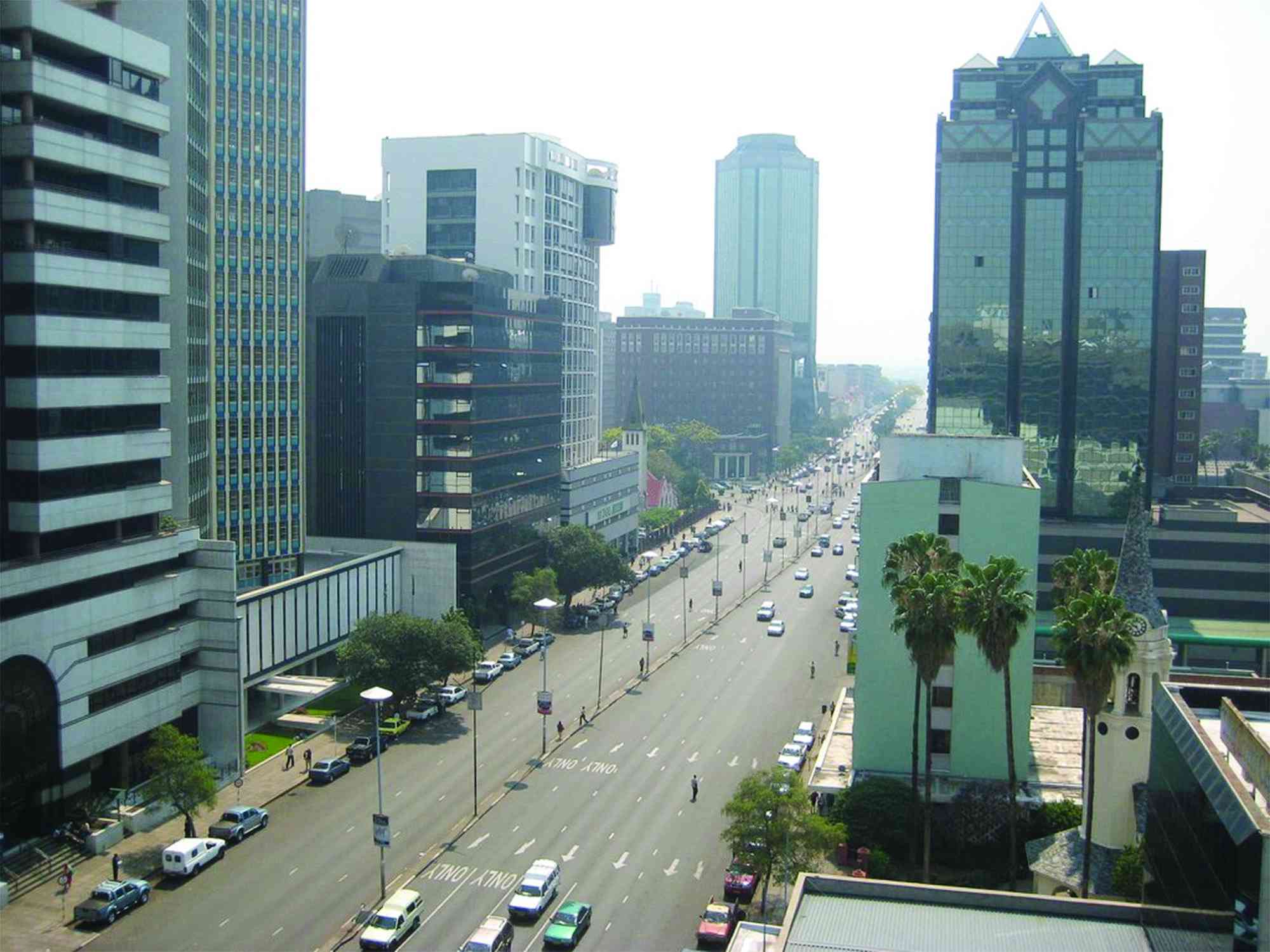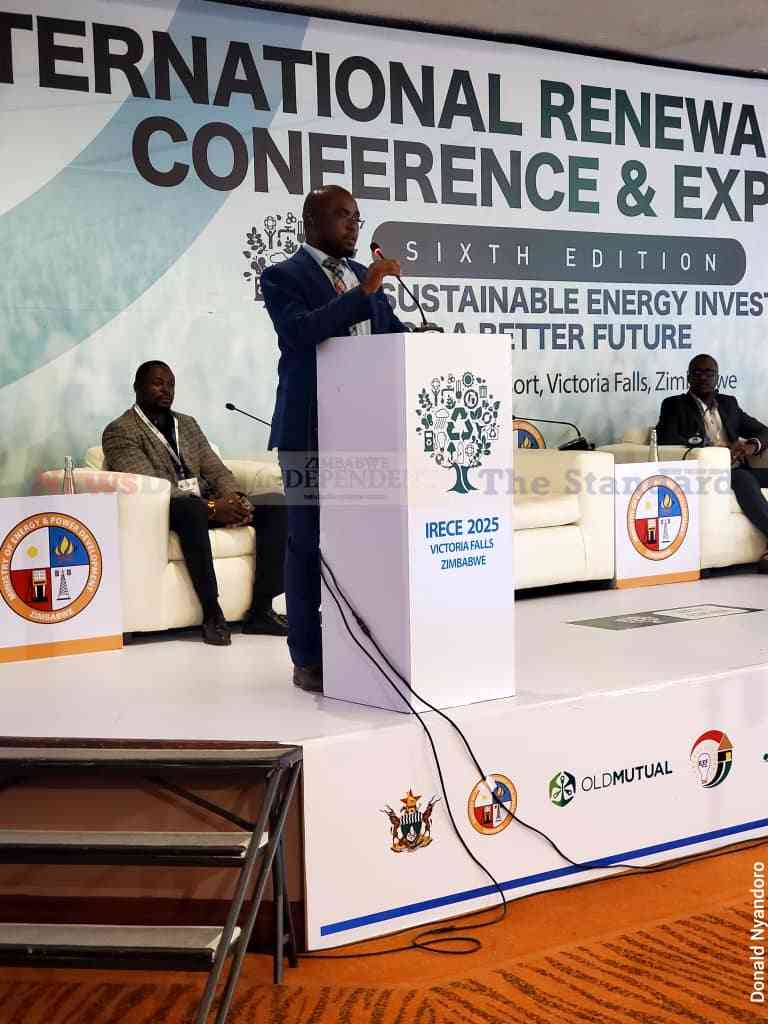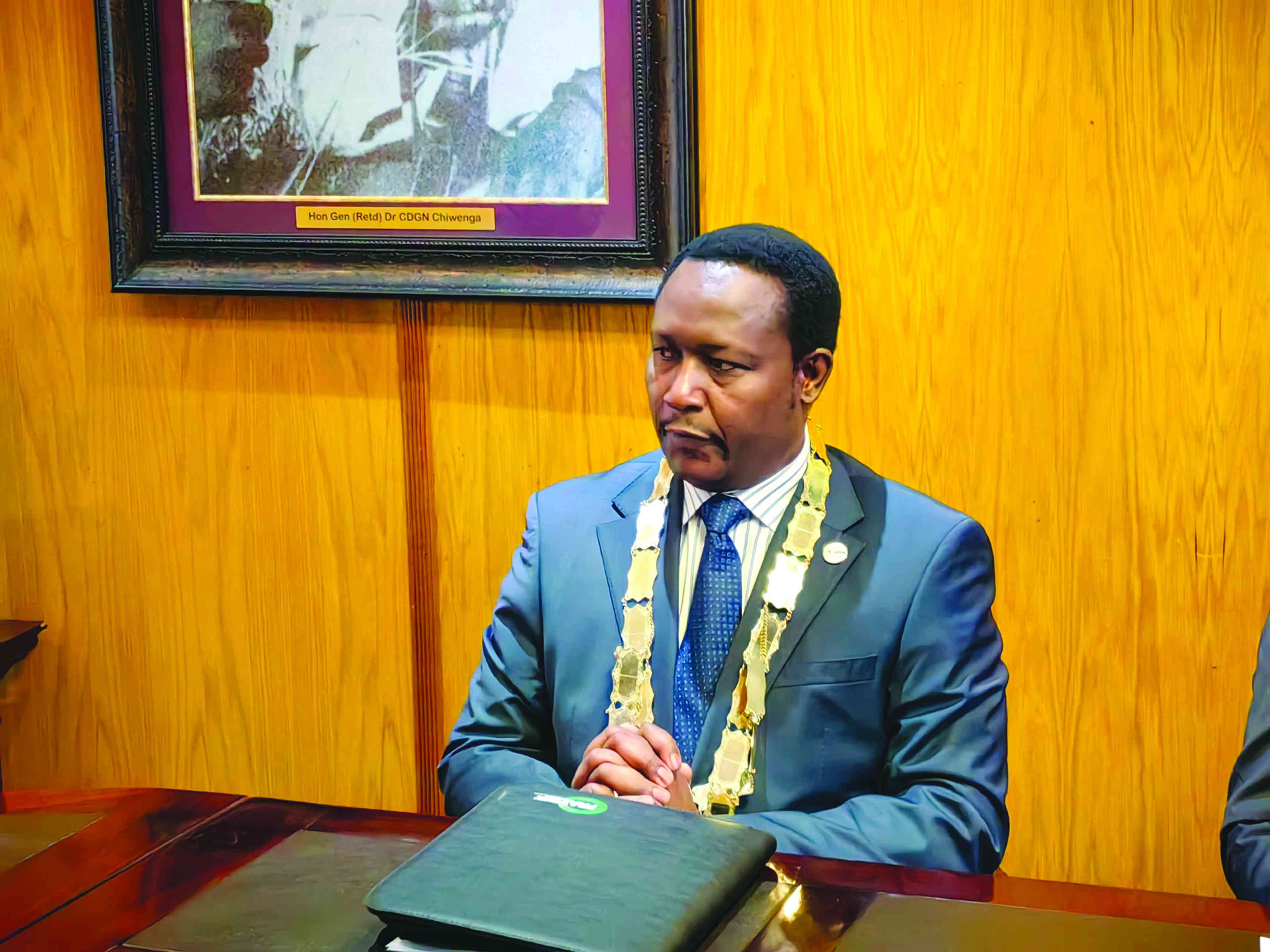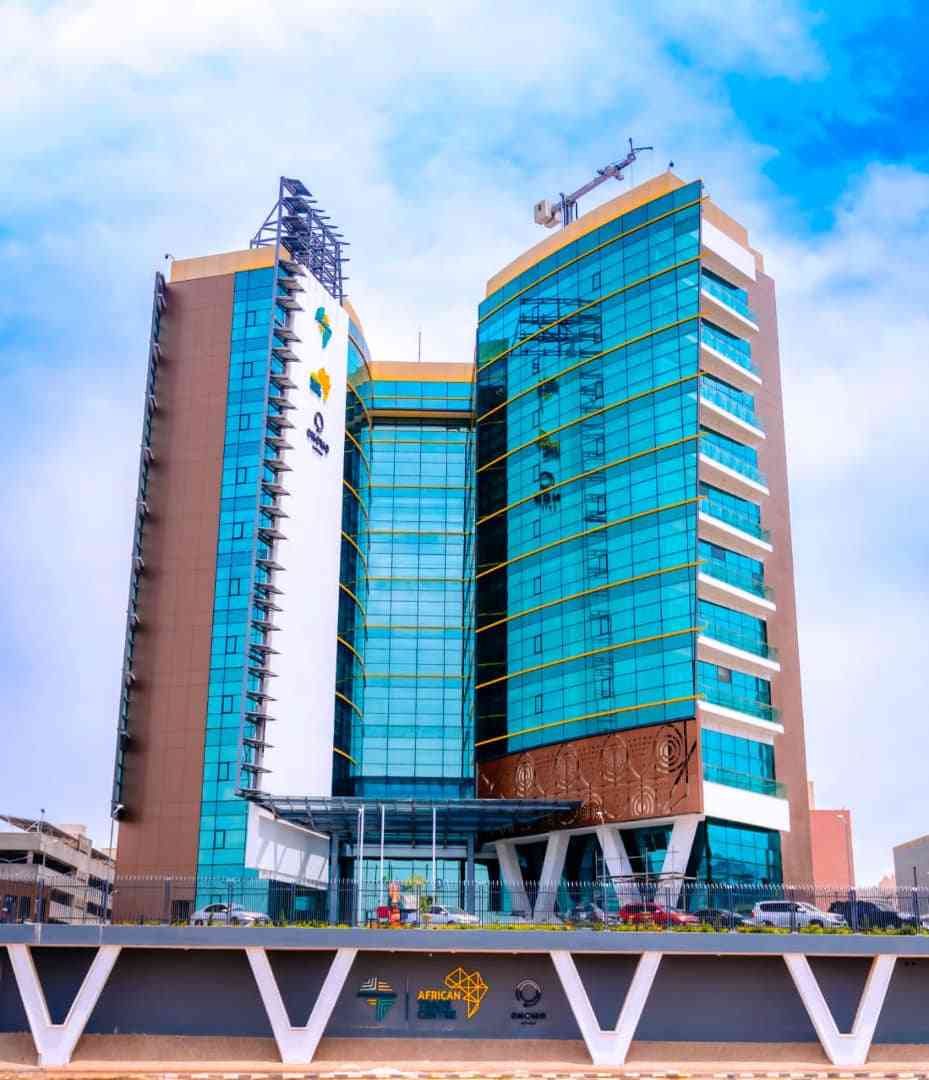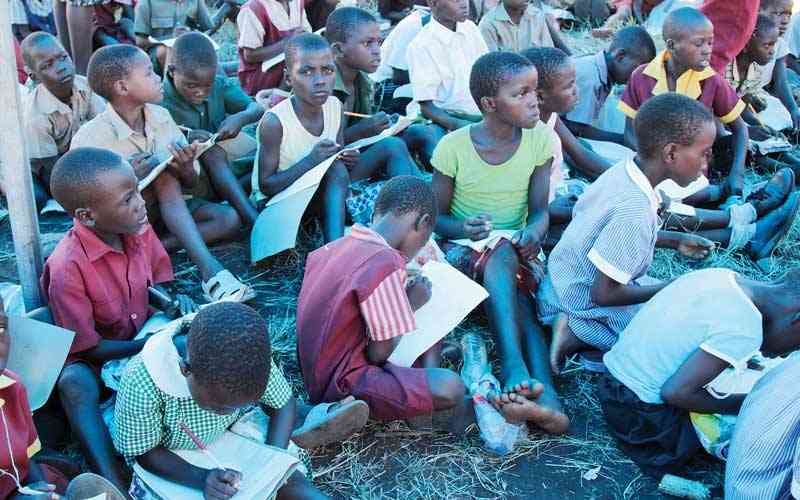
FINANCE minister Mthuli Ncube yesterday allocated the education sector ZW$787,8 billion (US$1,2 billion) in the 2023 national budget, an 18,5% increase with stakeholders saying the allocation still falls short of expectations.
In his vote for the Primary and Secondary Education ministry, Ncube allocated ZW$ 631,3 billion (US$976 million) to go towards providing quality infant, junior and secondary education.
He said the bulk of the allocation would go towards payment of salaries for teachers and other learning costs.
Ncube also allocated ZW$156,5 billion (US$242 million) to Higher and Tertiary Education, Innovation, Science and Technology Development ministry to go towards the development of skilled and competent human capital.
“In line with the commitments and the need to ensure a knowledge-driven economy, an amount of ZW$787,8 billion, which is 18,5% of total expenditure, is being allocated to, primary and secondary, as well as higher and tertiary education,” Ncube said.
Zimbabwe is a signatory to international declarations such as the Dakar, which recommend a 20% allocation to education.
In an interview, Educator Union of Zimbabwe (EUZ) secretary general Tapedza Zhou yesterday dismissed the budget allocation to the sector.
“The budget is not sensitive to the needs of the educational sector. The amount provided for the education sector is meagre given that its infrastructure is now dilapidated.
- Budget dampens workers’ hopes
- Govt issues $24 billion Covid-19 guarantees
- Letter to my People:They have no answers for Nero’s charisma
- ZMX to enhance farm profitability
Keep Reading
“Teachers' houses in rural areas are mostly those built before Independence. More resources are needed to reduce the student-teacher ratios that have recently spiralled to over 60:1,” he said.
“It's self-telling that a poorly resourced education sector imposes a serious burden on the poorly paid teacher.”
Zimbabwe Teachers Association (Zimta) president Richard Gundane said there was an improvement in the budget allocation from around 12% in 2022, but the budget still fell short of the sector’s expectations.
“There are a lot of gaps that we identified in our presentations to the parent ministries. These include and are not limited to issues such as the shortages of teachers.
“The budget should have also been cognisant of the fact that there is a huge salary gap between members in the profession with most teachers living well below the poverty datum. Government should be the biggest funder of the education sector and should not be relying on development partners to improve the sector,” Gundane said.
“Government still needs to honour several outstanding obligations to the sector including and not limited to the fees it promised to pay. Besides issues of the salary gap, the government needs to give the sector-specific allowances that it has not been paying for years citing financial constraints.”
Mthuli said the budget would also direct resources towards increased free education coverage in pursuit of the policy of free basic education.
He said the ZW$787,8 billion, includes the government's share of ZW$31 billion (US$48 million) for the administration of public examinations under the Zimbabwe School Examinations Council (Zimsec).
“This constitutes 55% of the examination fees, with the balance being contributed by parents (and) guardians. The Budget will also cater for the procurement of teaching and learning materials in support of the competence-based curriculum, as well as payment of levies for primary and secondary rural pupils from disadvantaged families,” Ncube said.
He said ZW$2,8 billion (US$4,3 million) will go towards the Home-Grown Schools’ Feeding programme to retain pupils in school.
“The programme of providing free sanitary wear to pupils will be sustained in 2023 to address the plight of the girl child, especially in rural areas with efforts being made to address distribution bottlenecks encountered during the previous years.
“Therefore, the 2023 National Budget has a provision of ZWL$1,5 billion (US$2,3 million) towards the procurement and distribution of sanitary wear to public schools,” Ncube said.
The finance and economic development minister also made a provision for the recruitment of an additional 7 000 teachers in the 2023 national budget.
For the tertiary education sector, Ncube allocated ZW$9,8 billion (US$15,1 billion) to support infrastructure at institutions of higher learning.
After the successful launch of ZimSat-1 on November 7, 2022, Ncube also allocated ZW$300 million (US$464 000) for the development of the second satellite including other supporting services.

